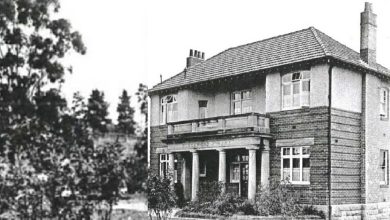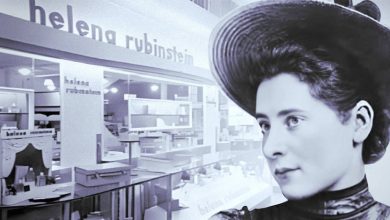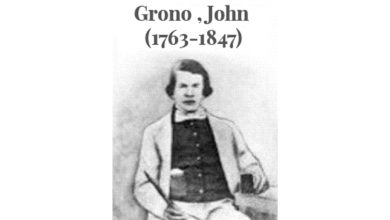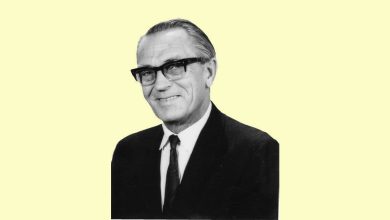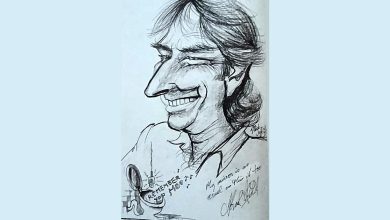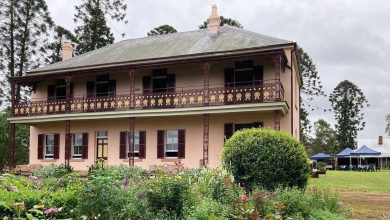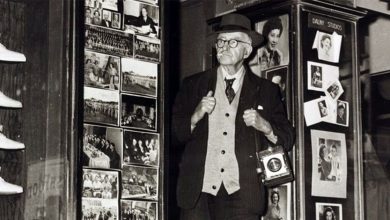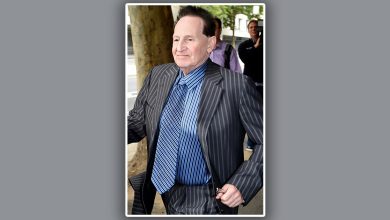The formative years in my view is the period between childhood and responsible adulthood and, in my case, I would consider that to be the teens and twenties.
The teens were the period that I was considering what career path I would take. I started in the workforce at the age of 15 years working in the retail industry where I joined Woolworths as a cadet aiming to become a store manager. I did not reach that position because after two years I joined the menswear store and uniform specialist company of J B.Croft Pty Ltd a division of Clark & Miles who also owned the tailoring company that had the licence for “Siro-Set” a permanent-press process developed by the CSIRO. After a period of employment with Croft’s they offered me an apprenticeship to become a tailor. I declined but instead decided to seek a position in the Federal Public Service.
At the age of 17 I sat for and passed a Public Service examination and was offered a position in the new Commonwealth Department of Housing. In 1963 as part of the election campaign, then Prime Minister, Robert Gordon Menzies had made an a promise to the people of establishing a “Home Savings Grant” to a maximum of $500 based on the savings of people under the age of 35 years saving for their first home. $500 was a considerable amount at the time. As a result of this promise the new Federal Department of Housing was created from what was part of the Dept. of Interior’s Repatriation’s War Service Homes Division together with the newly created Home Savings Grants section and the also newly created Home Loans Insurance Corporation. These three entities formed the Commonwealth Department of Housing and I was appointed to this body in 1964. It was during this period of my teenage years that I took up ballroom dancing and also developed an interest in the music of the times. It was a tumultuous period for music as the “British Invasion” of pop music was happening. The owners of the dance studio that I attended asked if I would consider becoming their resident “disc jockey” on Saturday nights at which a “Teenage dance” was held. I agreed and at the time attended a radio announcing school to learn more about programming and presentation. Another student at that school was Donnie Sutherland who also fronted a pop group called “The Titans”. Donnie Sutherland lived locally to where the dance studio was located, and I asked if he and his groups were willing to play at studio which they did. My weekday job remained in the Public Service and music and dance was purely a weekend interest. It was during this time that I also became more interested in the media and I approached Summit Newspapers (which later became part of News Ltd’s Cumberland Newspapers). After first being accepted to write a column on the emerging teenage scene they decided not to go ahead as I had not done a journalism course and therefore was not considered to be a journalist.
As the 1970s approached I also became more interested in politics and government. Politics in Australia was changing. I was a great admirer of Bob Menzies and his oratorial skills. The Prime Ministers who succeeded him did not inspire me as much with perhaps the exception of John Grey Gorton who I felt was more independently minded than his predecessors. I transferred from the Department of Housing to the Commonwealth Electoral Office in 1970 and worked in a number of Federal Electorates and in 1972 during the “It’s Time” election I was employed in the Federal Electorate of Lang which was held by Labor’s Frank Stewart (his brother, Kevin, held the State seat in the area). Possibly six months after the election, I transferred from Lang to Werriwa as at that time I was a resident of Cabramatta and had been from early 1969. I had not been a fan of Gough Whitlam during that period but perhaps that may have been because generally I was cynical of politicians. I remain cynical about politicians having seen some of the antics of seekers of public office on both sides of politics during my life and during my experiences during elections. Gough Whitlams’s oratory skills also impressed me and I admired him also. As I was employed by the Electoral Commission I always remained neutral and apolitical in all my dealings with candidates and politicians in all my dealings with them.

